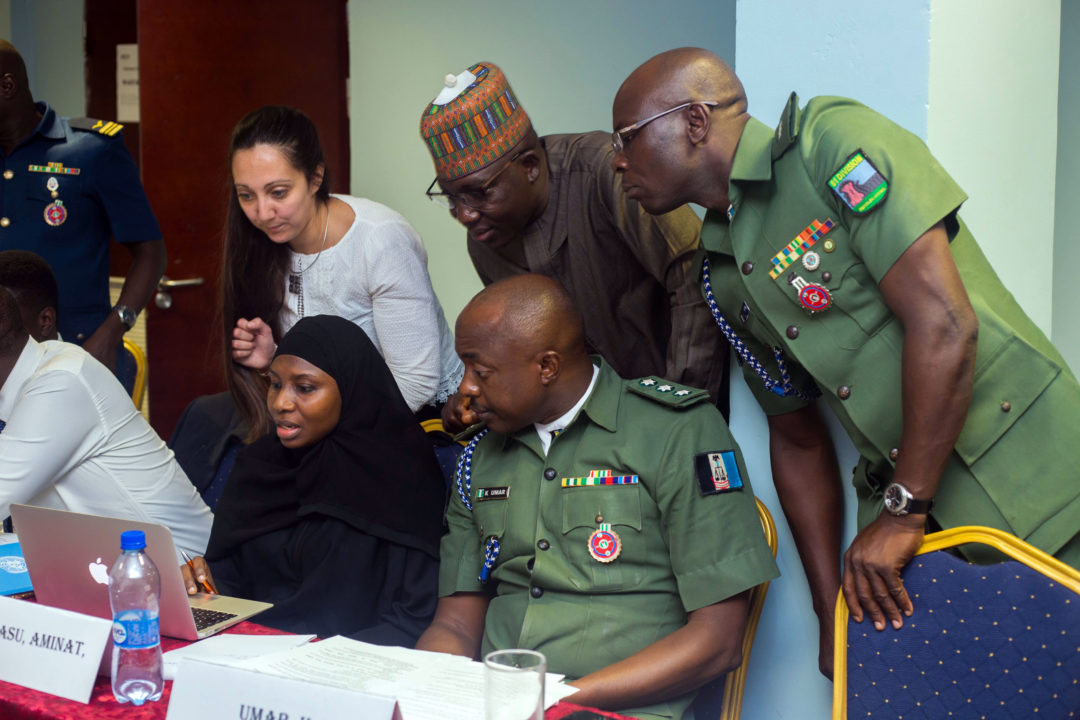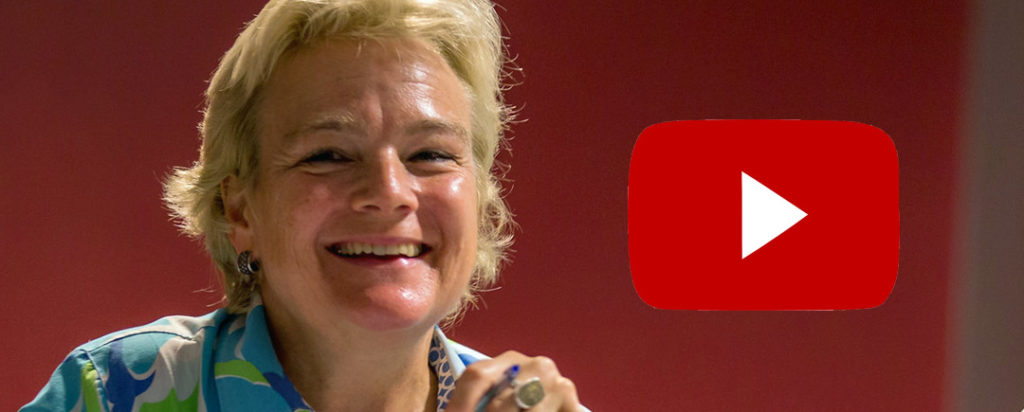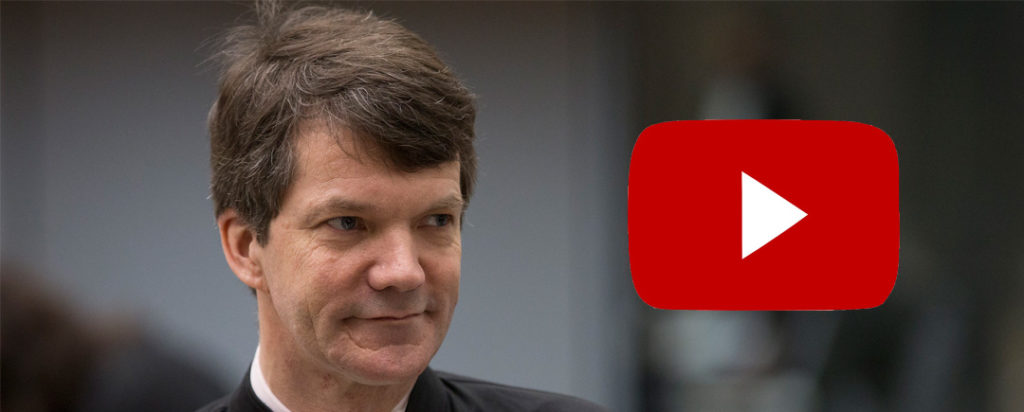Launch of First Cyber Workshop by Wayamo Foundation
Justice for Child Soldiers: children in armed conflict and responses to terrorism-related crimes committed by children
In view of the constraints imposed by the current coronavirus pandemic, the Wayamo Foundation has met the challenge head-on by launching its first cyber workshop on one of the most traumatic and complicated aspects of the situation now prevailing in north-eastern Nigeria: the use of children in armed conflict, with its attendant human rights violations and consequences, human and legal.
Our partners in Nigeria have all shown interest in the opportunity to continue engaging with Wayamo and its roster of trainers. The conflict in the North-East – with its human rights violations and atrocities – has not stopped with the onset of the pandemic. We therefore felt it was important that our programming didn’t stop either and that we adapted to the circumstances.
The pilot two-month course will be given by a teaching team of six Nigerian and international experts, and is targeted at the specialised prosecutors who make up Nigeria’s Complex Case Group plus a handpicked group of military lawyers. The course format has been purpose-designed around an extended WhatsApp group with videos and Zoom live sessions.
Once the online course has been concluded –and provided that face-to-face encounters are once again possible- a certain number of participants will be selected to attend a three-day retreat at a venue outside Abuja, where they will have the opportunity to enhance their knowledge of child-soldier-related issues and meet some of the experts in person.
Topic areas to be covered will range from international legal standards for children’s rights and a review of Nigeria’s legislation and counter-terrorism laws, conscription and use of children under 15 in armed conflict, across to prosecutorial strategy and discretion in child soldier cases, and lastly, non-judicial alternatives to prosecution and detention.





